- 195 Posts
- 34 Comments

 4·25 days ago
4·25 days agoOld School Runescape.

 6·27 days ago
6·27 days agoI’m not sure. As long as it keeps working, I’ll probably keep using it until a viable alternative appears. I use my laptop more than my phone, so I don’t actually need passwords on my phone as often.

 22·27 days ago
22·27 days agoThis one hurts… as I use this as my password manager on mobile :{

 155·2 months ago
155·2 months agoI think the “Ubuntu Core 22” means it is the snap based version of Steam rather than the deb version.
If you look at the snapcraft.yaml for the Steam snap, it uses
core22as its base.

 101·2 months ago
101·2 months agoLooks like a number of patches are landing in Ubuntu to address this: https://bugs.launchpad.net/ubuntu/+source/cups/+bug/2082335
Update: CUPS Remote Code Execution Vulnerability Fix Available

 66·2 months ago
66·2 months agoThis is a great summary. Thanks!

 4·2 months ago
4·2 months agoYes, based on the diagrams on their blog, it looks like this only impacts Snaps.

 12·2 months ago
12·2 months agoFrom the Discourse Blog:
The Linux desktop provides XDG Desktop Portals as a standardised way for applications to access resources that are outside of the sandbox. Applications that have been updated to use XDG Desktop Portals will continue to use them. Prompting is not intended to replace XDG Desktop Portals but to complement them by providing the desktop an alternative way to ask the user for permission. Either when an application has not been updated to use XDG Desktop Portals, or when it makes access requests not covered by XDG Desktop Portals.
Since prompting works at the syscall level, it does not require an application’s awareness or cooperation to work and extends the set of applications that can be run inside of a sandbox, allowing for a safer desktop. It is designed to enable desktop applications to take full advantage of snap packaging that might otherwise require classic confinement.
So this looks like it complements and not replaces the XDG Desktop Portals, especially for applications that have not implemented the Portals. It allows you to still run those applications in confinement while providing some more granular access controls.

 4·2 months ago
4·2 months agoI used to use VLC for music, but these days I use Symphony to play local files on my phone. VLC tended to struggle when scanning or indexing large folders (which it did all the time…), while Symphony is a bit better at that. That said, I still use VLC for video and for casting things from my DLNA server (VLC supports Chromecast).
For ebooks, I’ve used Librera FD and that has been mostly OK. I’ll checkout the two you mentioned though. Thanks!

 15·2 months ago
15·2 months agoI think you meant Pop!_OS (is developed by System76). TuxedoOS is developed by Tuxedo Computers, which is a European Linux focused hardware company.
That said, the point stands… there are hardware companies making Linux supported devices.
I’ve been using Weechat-Android to connect to my self-hosted Weechat for over a decade. This is one of the killer mobile apps that keeps me on Android and I love it.
I also have a couple instances of thelounge that people use on mobile via the PWA (progressive web app).

 6·3 months ago
6·3 months agoOh. I’m sorry if this was discussed previously… I only returned to lemmy a few weeks ago and didn’t see the story covered yet.

 27·3 months ago
27·3 months agoI think the WINE project was maintaining a fork of Mono that was used to support running certain Windows applications:
So in addition to translating traditional WIN32 system calls, WINE also supports .NET applications, which a number of Windows programs require.

 11·3 months ago
11·3 months agoCoincidentally, I received a firmware (EFI) update from Dell today via LVFS. Really nice that it works so smoothly on native Linux (no more manually downloading firmware to USB drives, or relying on Windows).
+1 For xournal++. That is what I usually use for annotating slides and drawing with my wacom tablet.
What are your thoughts on SerenityOS?

 1·3 months ago
1·3 months agoOk great. I pulled
latest-nodeand it appears to be working again. Thanks for the quick fix!

 1·3 months ago
1·3 months agoI am not getting any visible errors on either the client or server… the client just spins. Someone else has filed a bug report here:
https://github.com/Xyphyn/photon/issues/408
Is there any flags or environmental variables we can enable to get more debugging output?

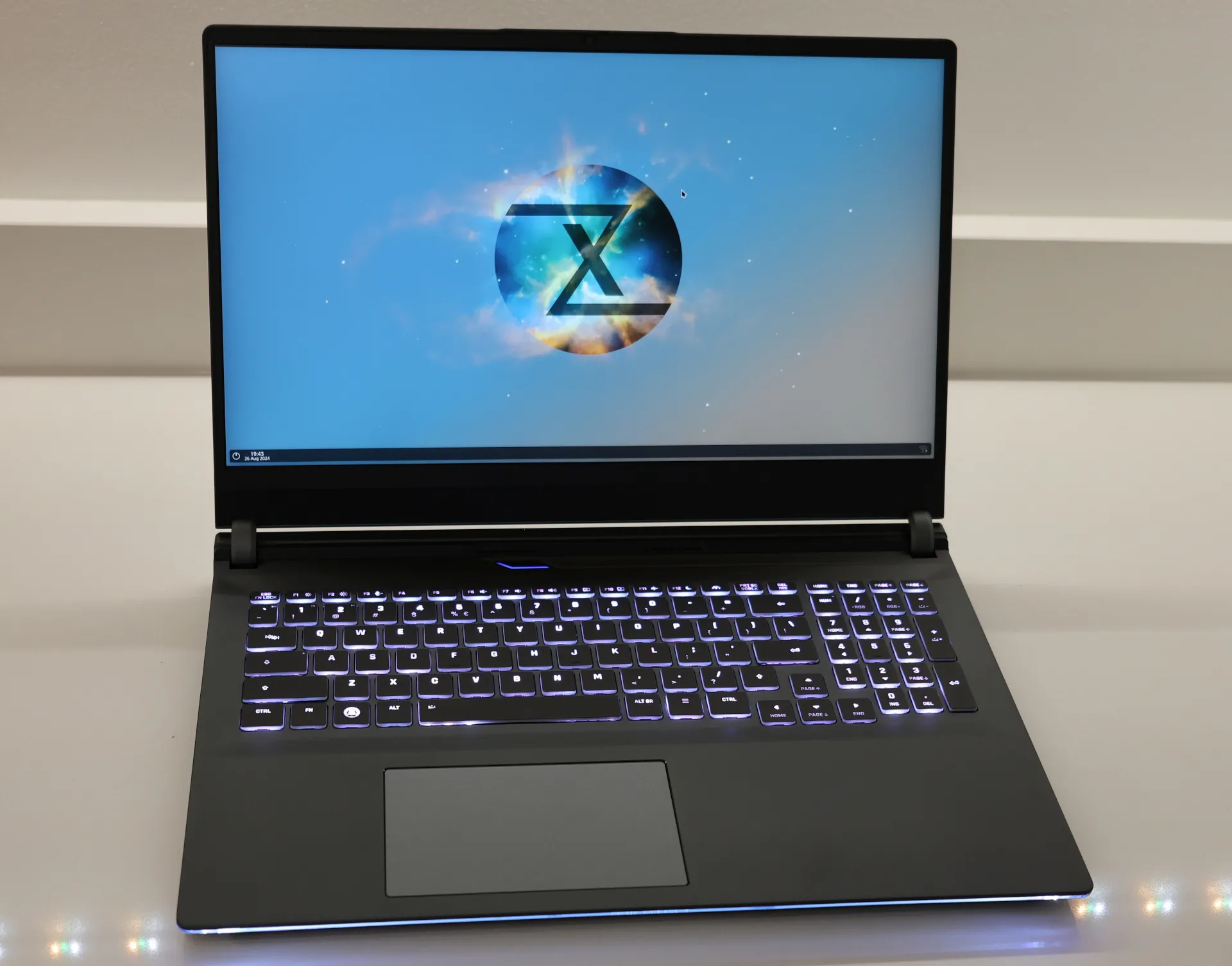


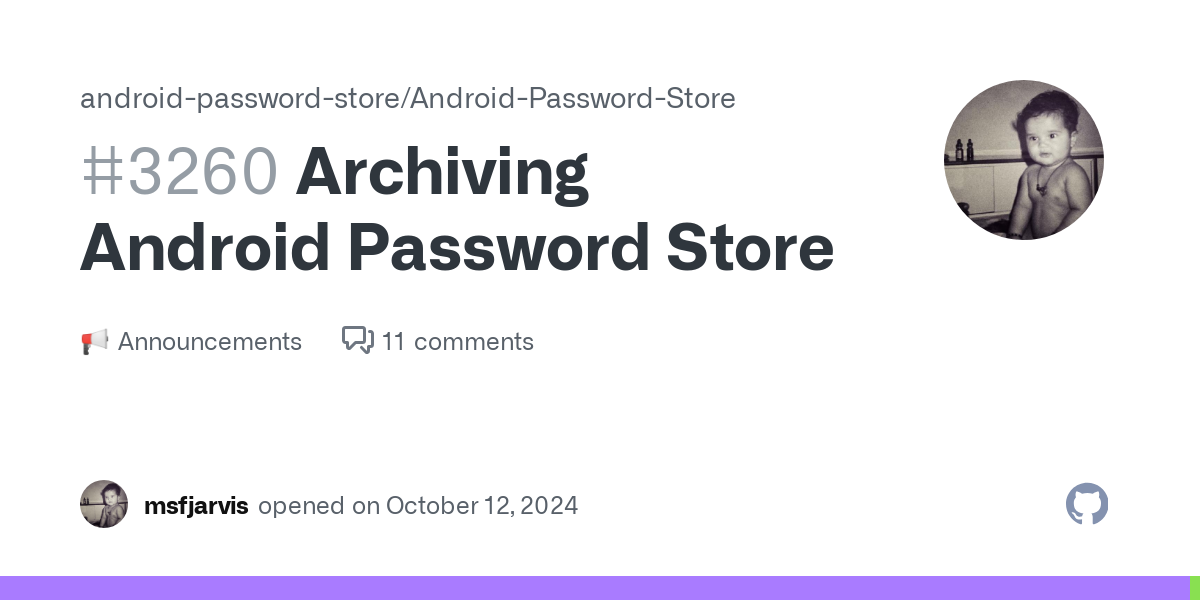
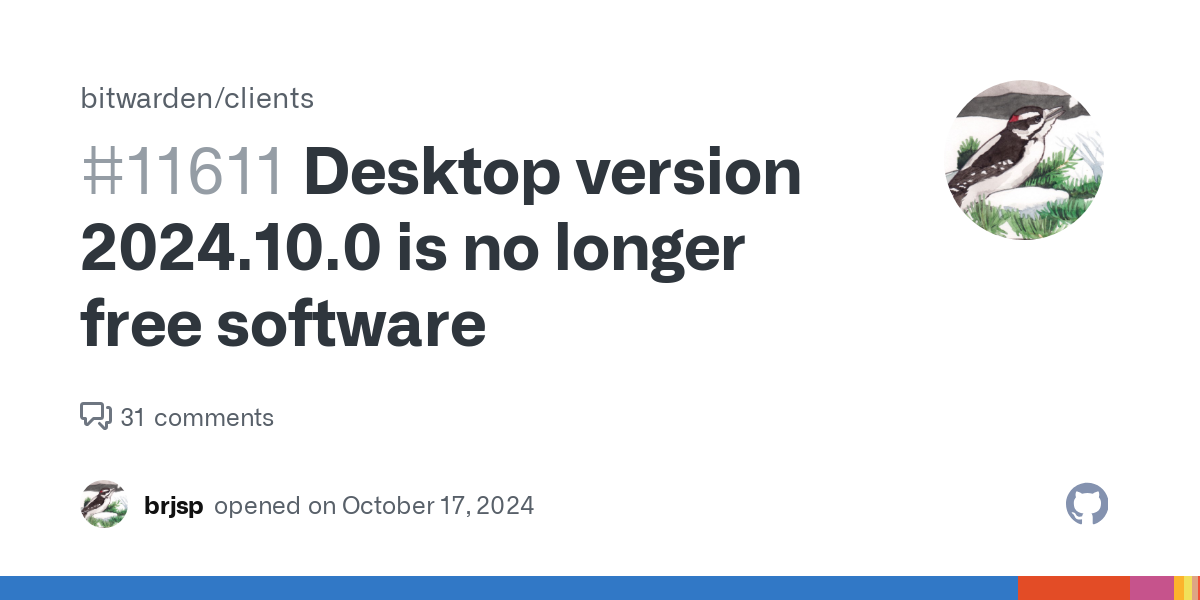

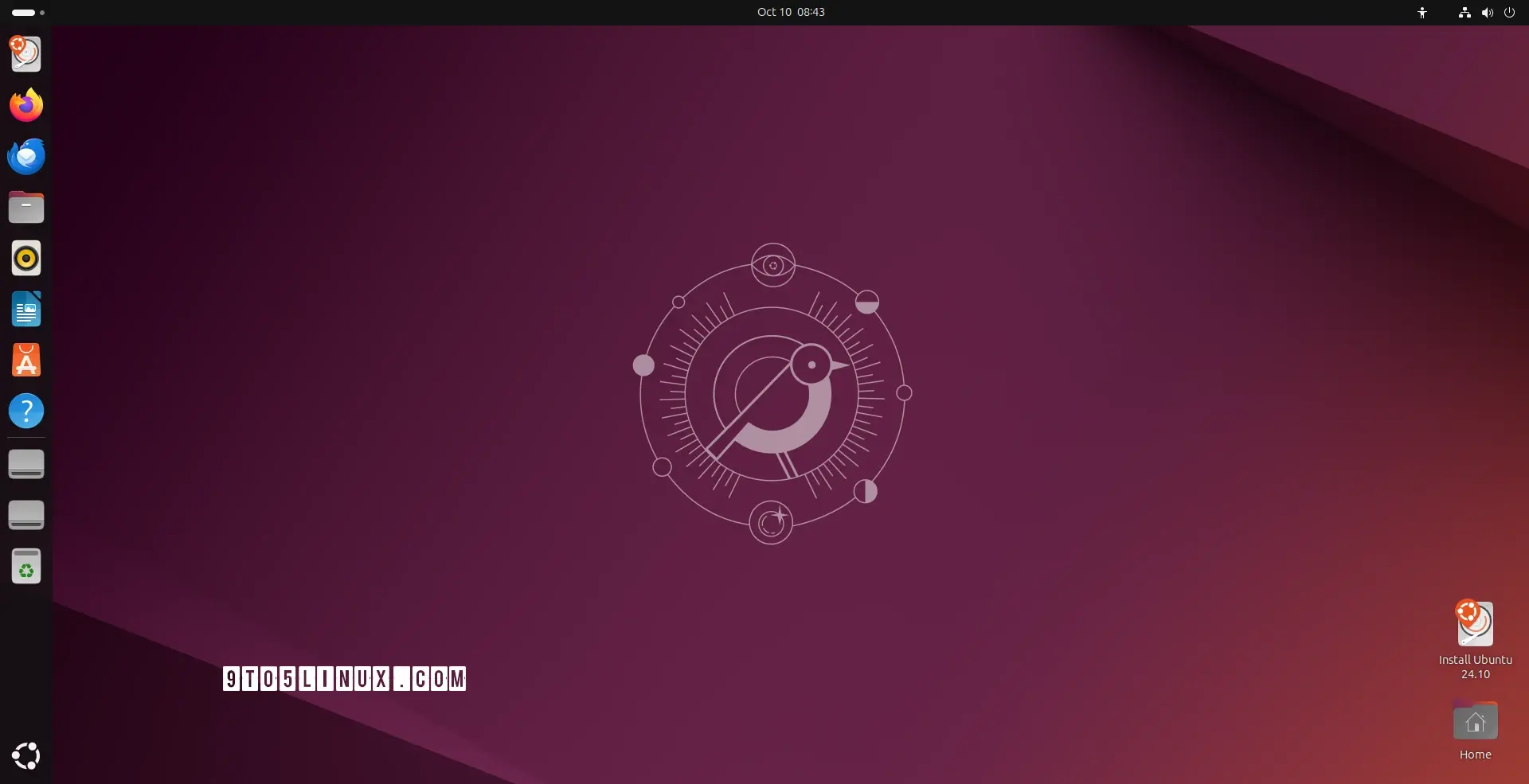

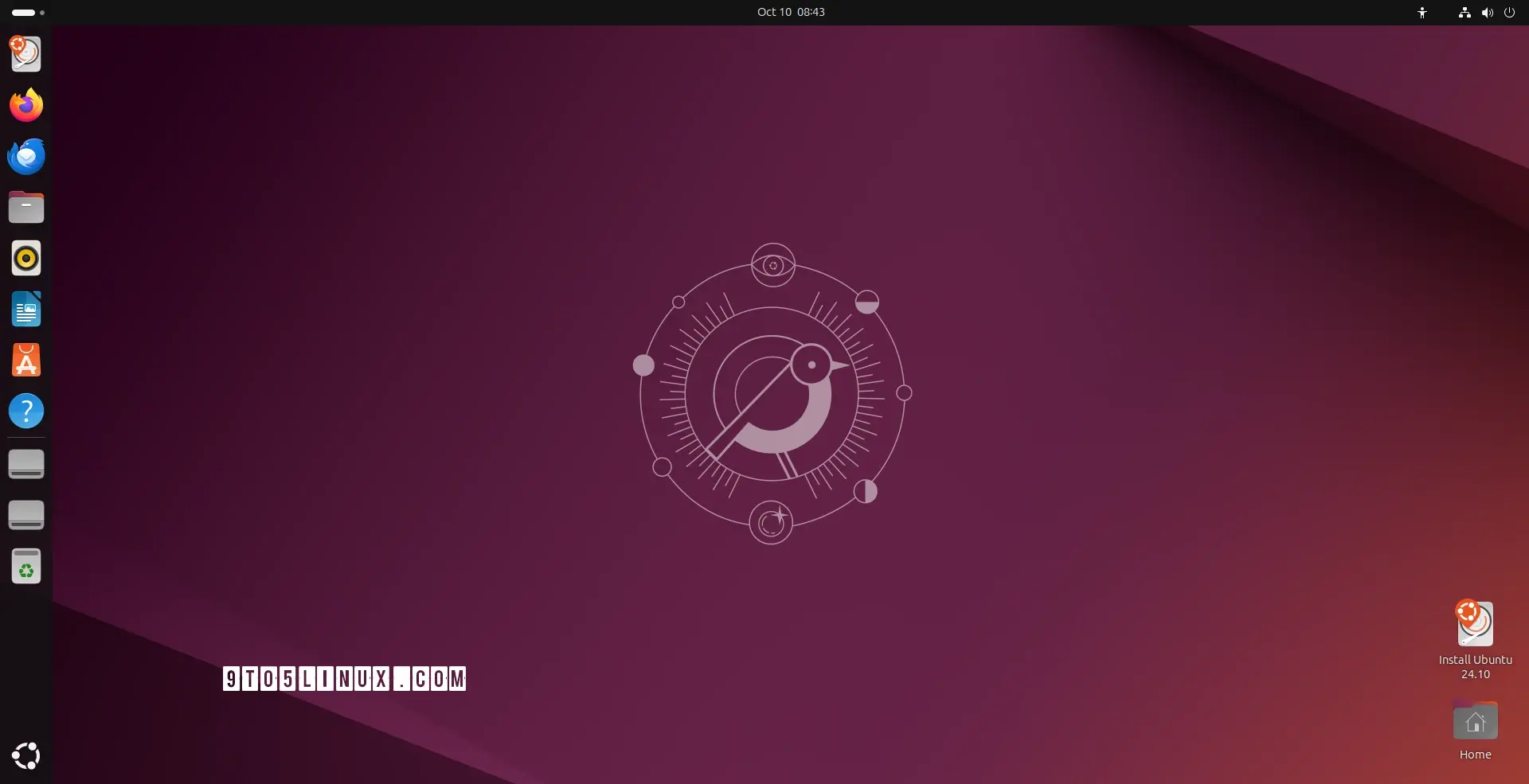
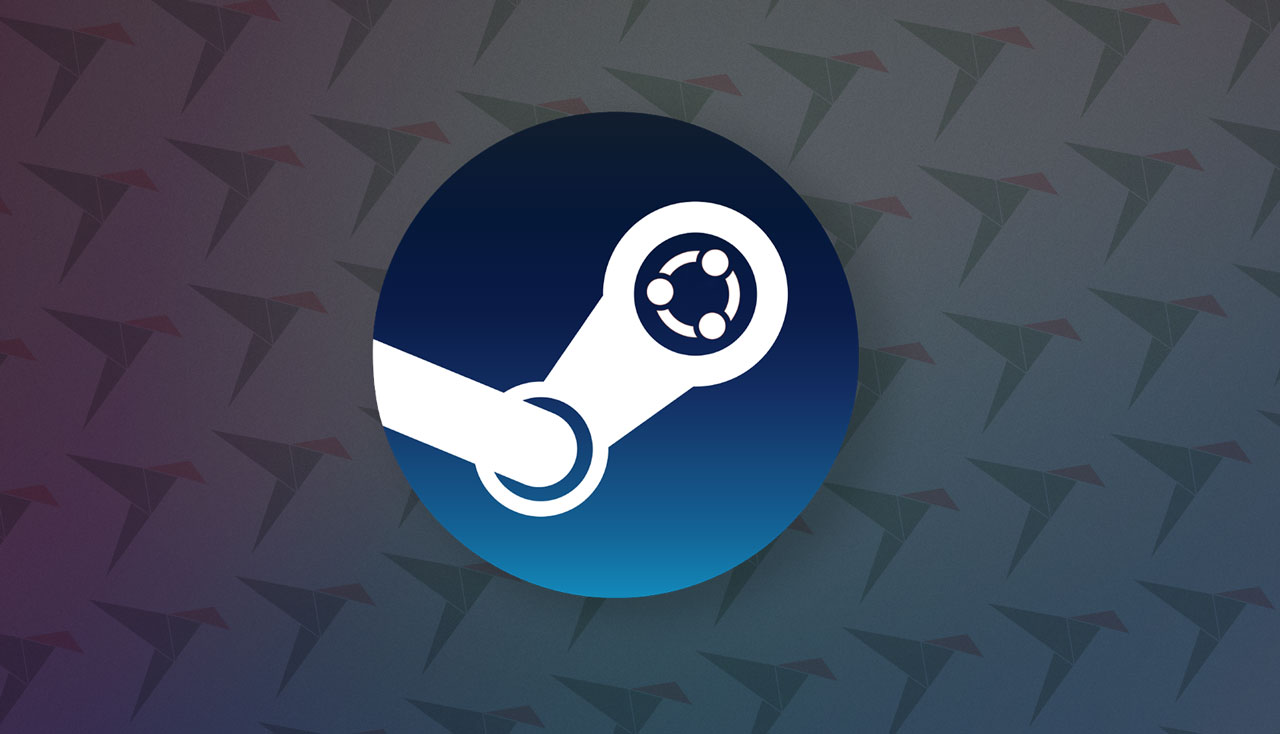
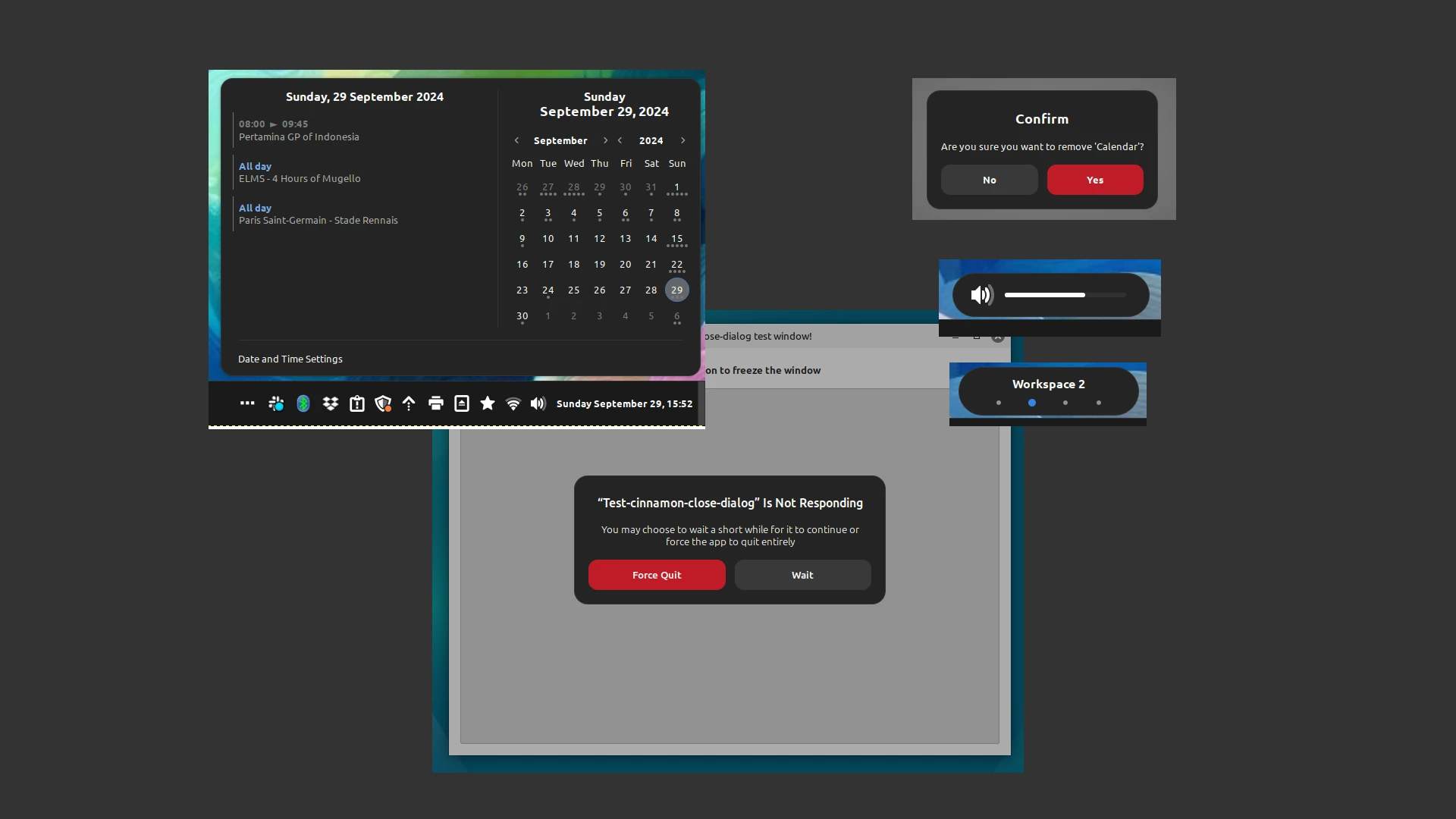
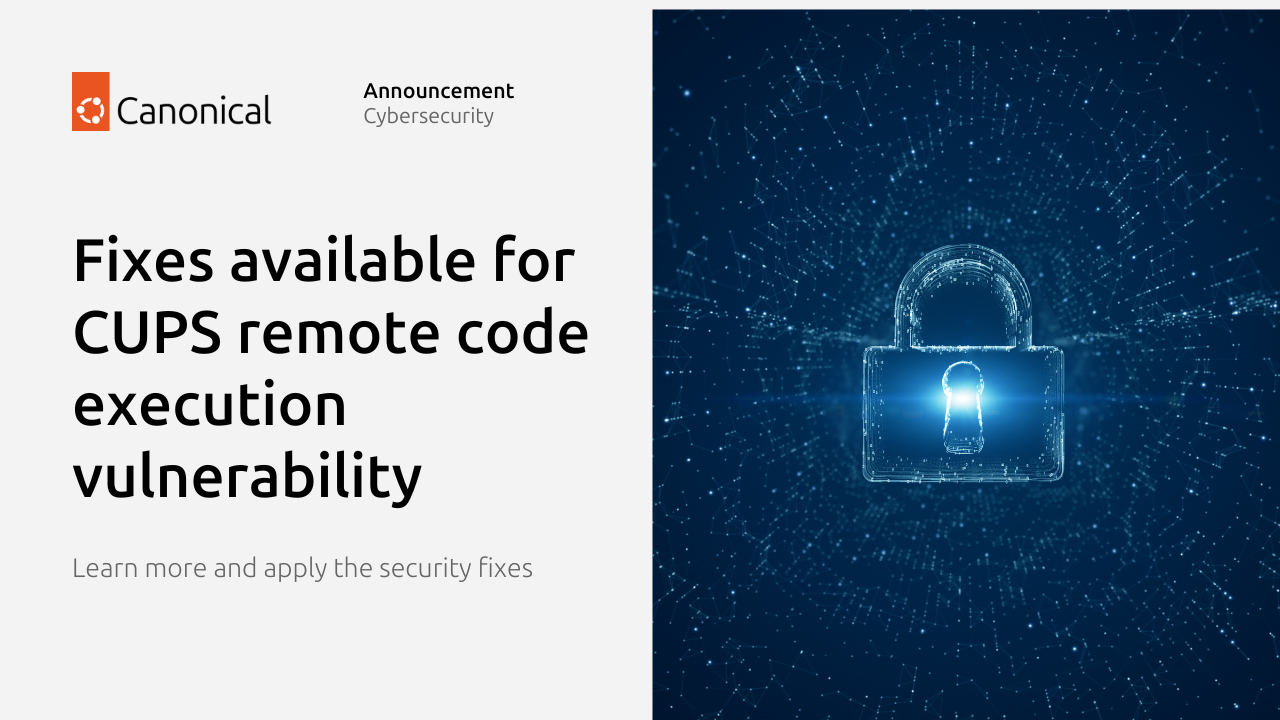
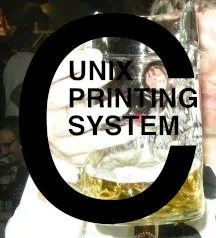
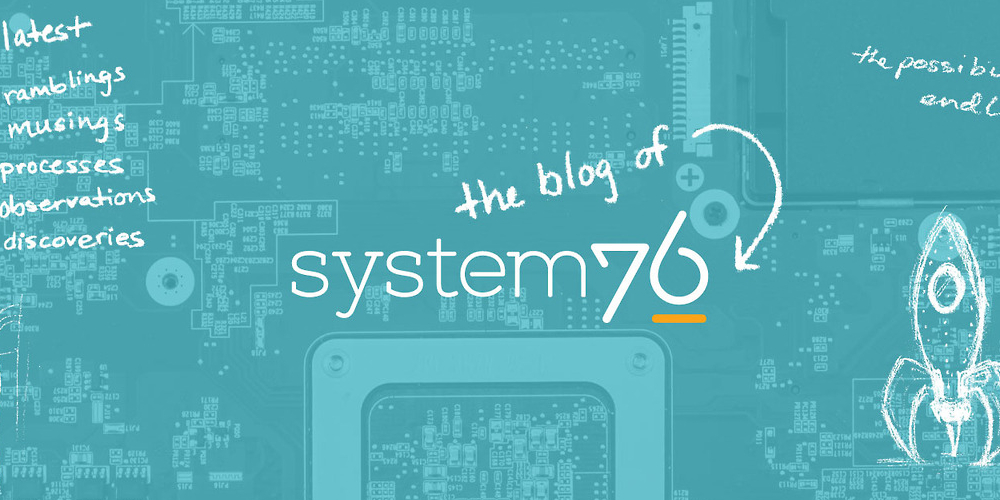

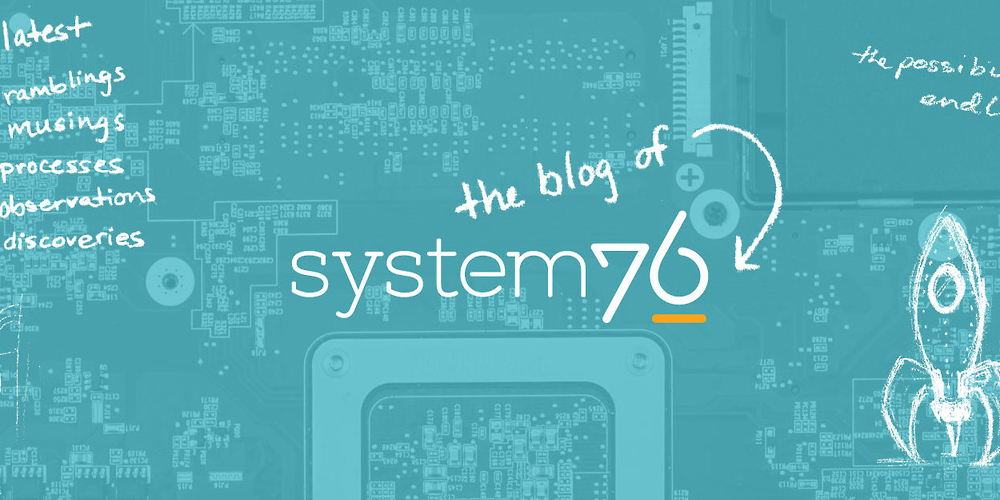

Over the course of the last 20 years, I’ve gone from Arch -> Void -> Pop!_OS -> Ubuntu, and that is what I use on all my machines (laptops, desktops, servers).